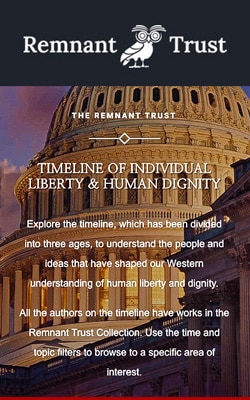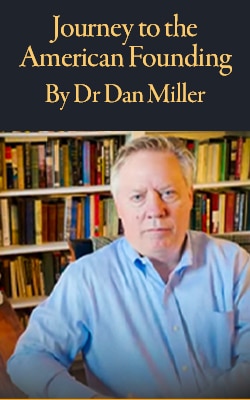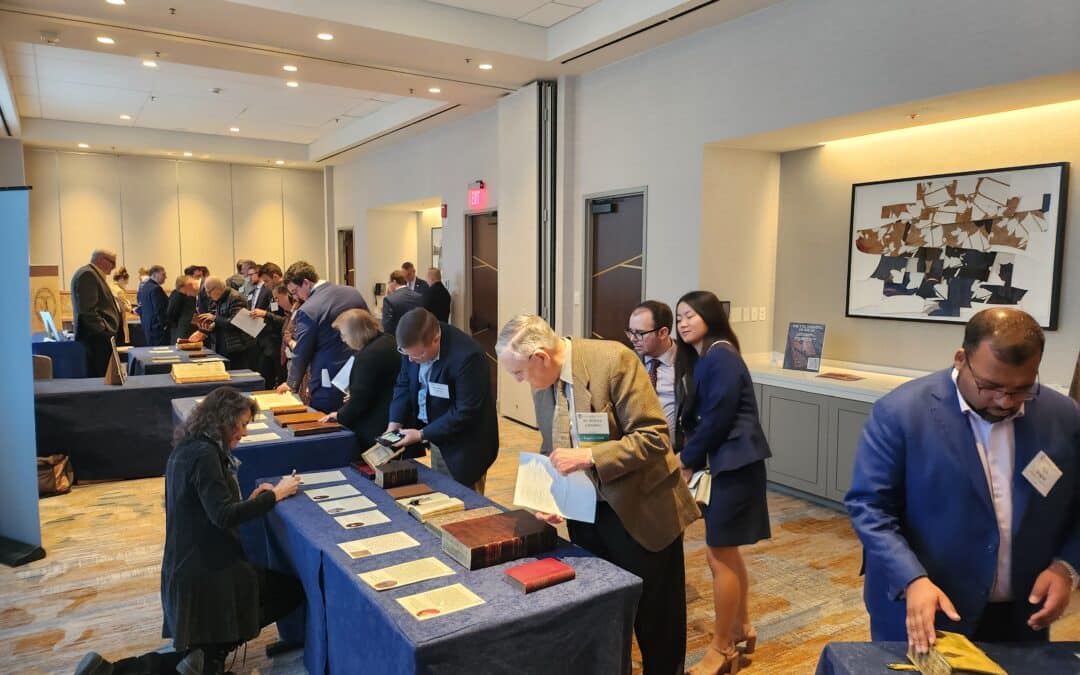Philadelphia Society Meeting Event
The event held from Friday, March 31, to Sunday, April 2, featured a comprehensive program aimed at exploring themes of Christian politics, religious liberty, and the intersection of faith with various aspects of society. The schedule began with registration and a President’s Reception on Friday evening, followed by a General Fellowship Orientation. The highlight of the night was the Dinner & Program, which included an introduction by R.J. Pestritto, President of The Philadelphia Society, and a keynote address on “Christian Politics Under Democratic Despotism” by Daniel McCarthy from Modern Age. Saturday’s sessions delved into topics such as Integralism, Christian Progressivism, Religion and Free Markets, and Originalism, Religion, and the Common Good, featuring speakers from renowned institutions. The weekend concluded with a Roundtable Discussion on Sunday morning, focusing on “The State of Religious Liberty After Covid,” providing a comprehensive exploration of the intersection of Christianity, politics, and contemporary issues.
Classical works exhibition included:
- The Holy Bible, (King James Bible, “HE” Version), 1611
- Nichomachean Ethics by Aristotle, 1488
- The Song Celestial by Bhagavad-Gita, 1885
- Quran, 18th Century
- Magna Carta, ca 1350
- Vulgate Bible, 1240-1260
- The Vision; or, Hell, Purgatory, and Paradise, of Dante Alighieri by Dante Alighieri, 1814
- Summa Theologiae Pars Secunda Secunda Pars by Thomas Aquinas, 1472-1475
- Defensor Pacis (The Defender of Peace) by Marsilius of Padua, 1522
- The Praise of Folie by Desiderius Erasmus, 1549
- Gospel of Matthew containing 15:21 by William Tyndale, 1536
- The Institvtion of Christian Religion (The Institutes of the Christian Religion) by John Calvin, 1578
- Of the Lawes of Ecclesiasticall Politie by Richard Hooker, 1593
- Liberty of a Christian Man by Martin Luther, 1579
- Letters Concerning Toleration by John Locke, 1765
- The Duty of Ministers of the Gospel to Preach the Truth by Jonathan Edwards, 1795
- Wealth of Nations by Adam Smith, 1776
- Theory of Moral Sentiments by Adam Smith, 1759
- Common Sense by Thomas Paine, 1776
- The Federalist Papers by Hamilton, Madison, Jay, 1788
- Journal of the First Session of the Senate of the United States of America by United States Congress, 1789
- US Congress Constitution, 1787
- US Congress Declaration by the Representatives of United Colonies, 1775
- The History of Freedom and Other Essays by John Acton, 1909
- A Practical View of the Prevailing Religious System of Professed Christians, in the Higher and Middle Classes, Contrasted with Real Christianity by William Wilberforce, 1799
- Memoir, Correspondence, and Miscellanies by Thomas Jefferson, 1829




